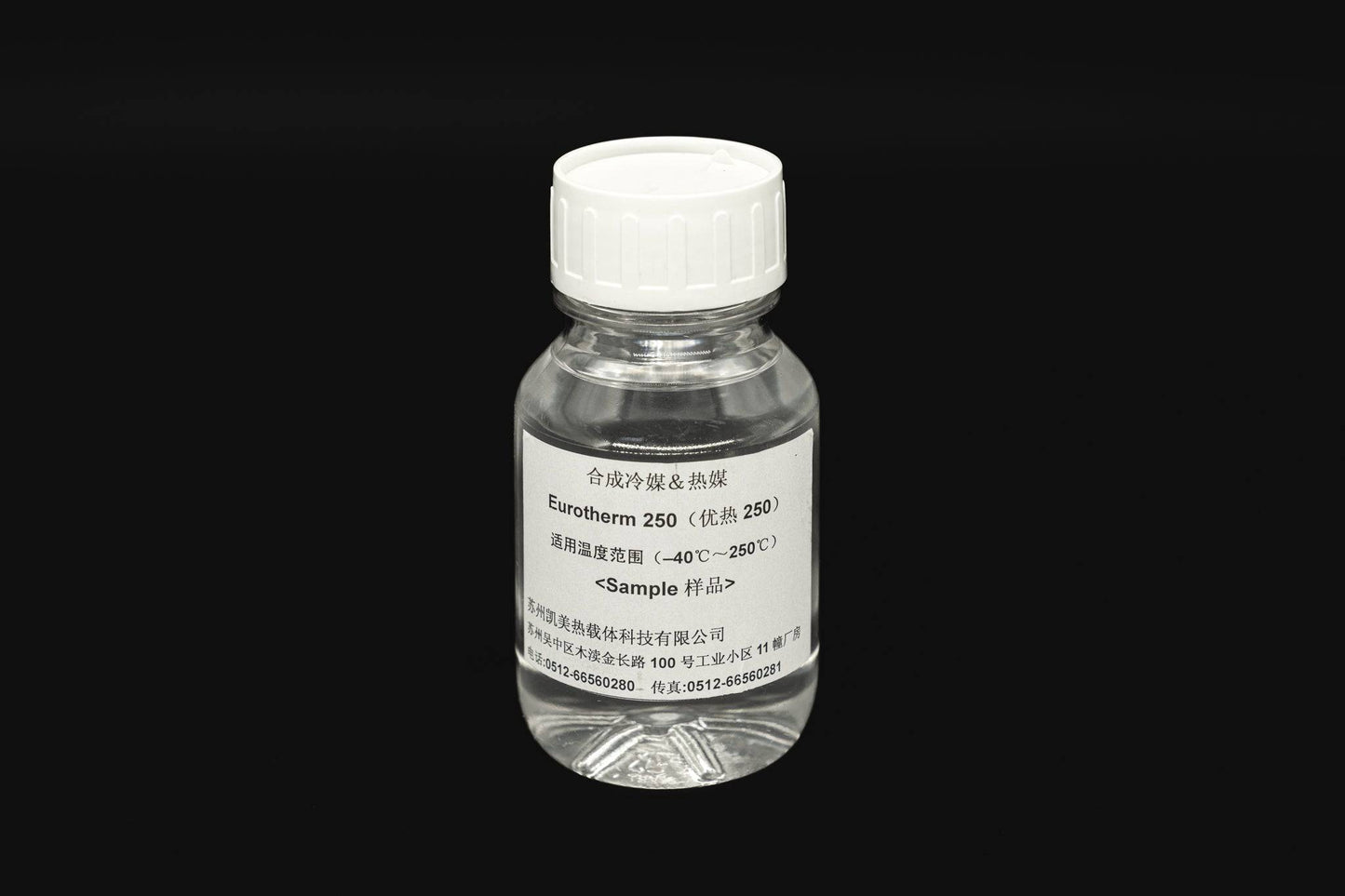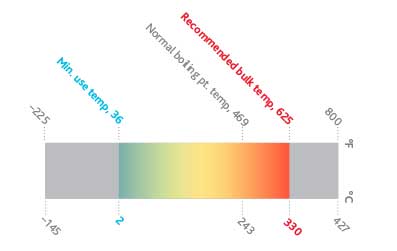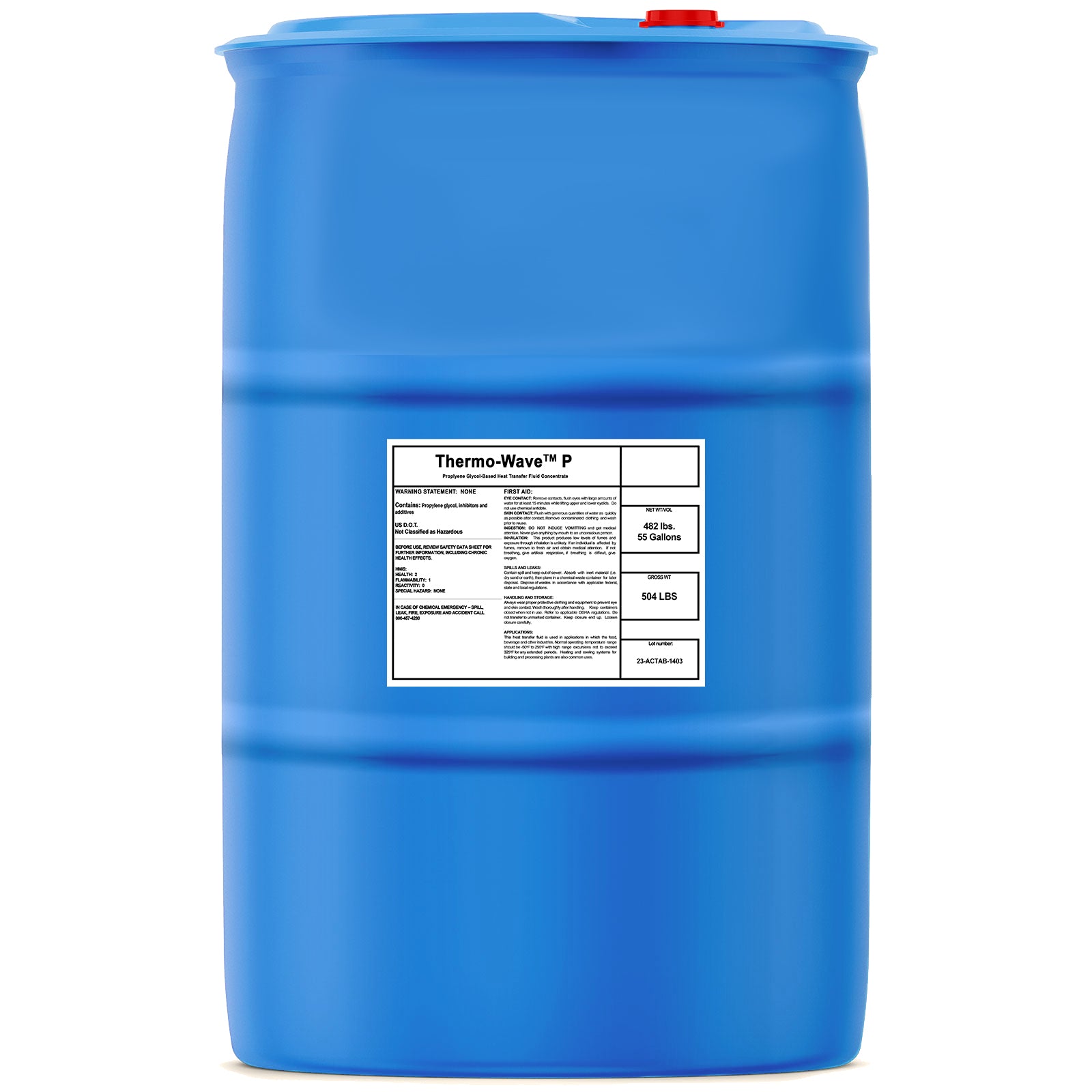Why Routine Upkeep of Heat Transfer Fluid is Essential for System Longevity
Why Routine Upkeep of Heat Transfer Fluid is Essential for System Longevity
Blog Article
How Heat Transfer Liquid Adds To Sustainable and Cost-Effective Procedures
In the modern commercial landscape, the role of heat transfer fluids (HTFs) in promoting lasting and cost-efficient operations can not be overstated. These fluids are essential in maximizing thermal management systems, consequently dramatically enhancing energy effectiveness and reducing functional prices. heat transfer fluid. The environmental advantages of sophisticated HTFs, with their high thermal stability and low poisoning, are obvious.
Recognizing Heat Transfer Fluids
In the realm of thermal management, heat transfer fluids (HTFs) offer as necessary representatives for transferring thermal power from one place to one more. These liquids play a pivotal function in different industrial applications, consisting of chemical processing, power generation, and A/c systems.
The composition of warm transfer liquids can differ considerably, consisting of alternatives such as mineral oils, artificial oils, glycols, and molten salts. Each type supplies unique benefits, such as improved thermal stability, low thickness, and high boiling points, which are picked based on details operational requirements. The selection of HTF impacts not just the efficiency of warm transfer yet likewise the durability and security of the system in which it is utilized.
As industries remain to innovate, the advancement of sophisticated HTFs, defined by their enhanced thermal conductivity and reduced environmental influence, is crucial for satisfying the demands of modern thermal administration difficulties.
Enhancing Power Efficiency

Improving power performance has actually come to be a paramount worry throughout numerous sectors, motivating a more detailed exam of warmth transfer fluids' duty in maximizing thermal monitoring systems. These liquids are integral to maintaining the preferred temperature in processes, thus reducing energy waste and enhancing overall system effectiveness. By choosing a suitable heat transfer fluid, sectors can significantly improve their energy performance, resulting in decreased power intake.

Advanced formulas of heat transfer liquids have actually been established to endure severe temperatures while maintaining security and effectiveness. These developments extend the functional life expectancy of the fluid, decreasing the frequency of substitutes and energy-intensive read here maintenance activities. Furthermore, using synthetic or bio-based liquids supplies added advantages in terms of decreased environmental influence, straightening with worldwide sustainability goals. Subsequently, boosting power efficiency through optimal warmth transfer liquid selection is not just a technical need but additionally an environmental vital.
Decreasing Functional Expenses
Functional prices are a significant consideration for markets looking for to keep affordable advantage, and the choice of warm transfer liquid plays an essential function in cost administration. Selecting a proper warm transfer liquid can lead to considerable price financial savings by improving system effectiveness and minimizing power consumption. High-performance fluids reduce thermal degradation, which consequently reduces the frequency of fluid replacement and downtime related to maintenance, thereby lowering operational expenses.
Furthermore, heat transfer fluids with superior thermal security and deterioration resistance prolong the lifespan of equipment. This reduces the need for constant fixings and substitutes, which can be expensive and turbulent to procedures. By purchasing high-quality liquids, markets can achieve long-term decreases in upkeep expenses and improve the integrity of their systems.
In addition, progressed warmth transfer liquids commonly show lower thickness at operating temperatures, which enhances pump effectiveness and lowers power use in fluid blood circulation. Numerous contemporary warmth transfer liquids are engineered to run successfully over a broad temperature variety, lowering the need for numerous liquid kinds, thereby streamlining stock requirements and lowering associated prices.
Ecological Impact Decrease
The press towards decreasing environmental impact has obtained energy in sectors leveraging warm transfer liquids. Companies are increasingly identifying the value of decreasing eco-friendly impacts by embracing additional reading sustainable techniques. Heat transfer fluids (HTFs) play a critical duty in this change, using chances to enhance power performance and minimize discharges. By choosing HTFs with high thermal stability and reduced poisoning, industries can make sure very little leak and degradation, hence reducing dangerous environmental launches.
Additionally, making use of advanced heat transfer fluids adds to better system effectiveness, minimizing the overall energy consumption. This reduction not just leads to cost savings but likewise lowers co2 discharges, helping in the battle versus environment change. Liquids that are eco-friendly and recyclable additionally boost sustainability initiatives, as they reduce waste and advertise circular economic climate techniques.
In addition, integrating HTFs into closed-loop systems protects here are the findings against fluid loss and contamination of the surrounding atmosphere. This strategy makes certain that fluids are reused, lowering the demand for brand-new sources and restricting waste generation. By accepting these eco conscious methods, sectors can dramatically decrease their environmental effect while preserving high functional efficiency, lining up with international sustainability goals and regulative needs.
Selecting the Right HTF
Selecting the appropriate heat transfer liquid (HTF) is a vital action in progressing ecological sustainability within commercial procedures - heat transfer fluid. An ideal HTF ought to have a high thermal capacity, low thickness, and high thermal conductivity to ensure effective warm transfer.
This ensures longevity and decreases maintenance expenses. The fluid needs to be non-toxic and biodegradable, reducing its ecological impact and making sure conformity with environmental laws.
Final Thought

Report this page